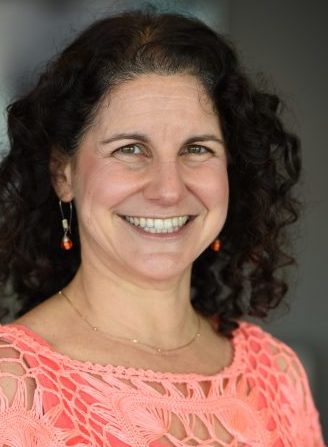Published:December 17, 2020, by Elsevier Ltd
The intersection of work and family life can be a source of burden (negative) and a source of growth (positive). Negative work-to-family and family-to-work spillover have been linked to poor mental health, while positive work-to-family and family-to-work spillover have been linked to improved health outcomes. Less is known about these relationships in racial subgroups. Louisiana, USA, has a large proportion of African Americans, providing a unique population in which to study these relationships. The objectives of this study were to examine, among a sample of women in southern Louisiana in 2017, levels of work-family spillover by race and how the relationship between work-family spillover and depressive symptoms varies by race. 284 employed women (61% White, 39% Black) met eligibility criteria and participated in a survey to collect information on work-family spillover (positive and negative) and depressive symptoms. White women experienced higher levels of both kinds of negative spillover (work-to-family and family-to-work) as well as higher levels of positive work-to-family spillover compared to Black women. There were no differences between White and Black women with respect to positive family-to-work spillover. Higher levels of negative work-to-family spillover were related to greater depressive symptoms among both Blacks and Whites. But higher levels of negative family-to-work spillover were related to higher levels of depressive symptoms among Black women only. A protective relationship from positive family-to-work spillover for depressive symptoms was observed among White women only. This study fills an important gap in the literature on racial differences in the relationship between work-family spillover and depression.
This new research is published in the Elsevier Ltd , SSM – Population Health, Volume 13, March 2021 is titled “Work-family spillover and depression: Are there racial differences among employed women? ” was authored by Dr. Ariane L. Rung faculty in Epidemiology. The research team also included Drs. Evrim Oral, Ariane L. Rung, and Edward S. Peters , all from the LSU Health New Orleans School of Public Health.
Click here to read the full article
(Pictured: Dr. Ariane L. Rung faculty in Epidemiology)


